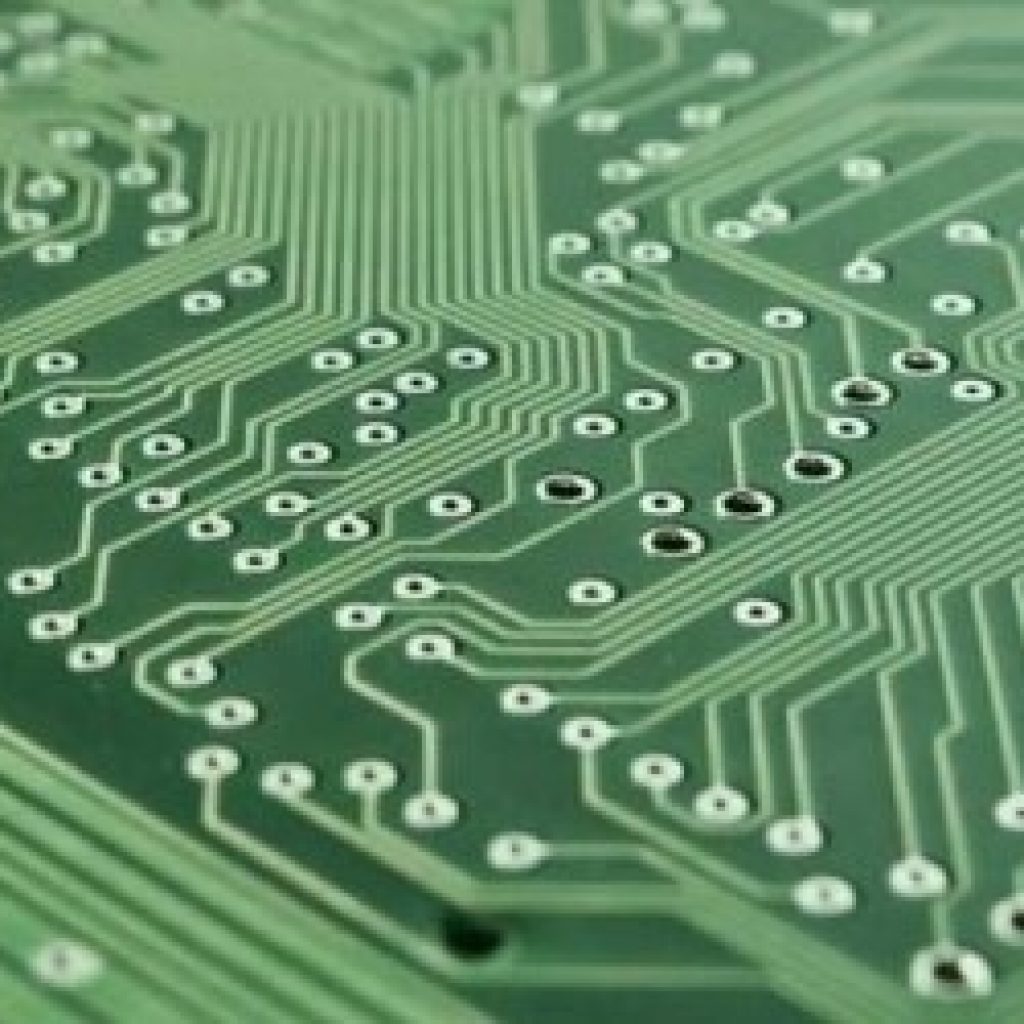(Phys.org) Princeton University researchers, in collaboration with University of Maryland and IBM, recently explored the architectural design of seven quantum computers from IBM, Rigetti and the University of Maryland.
the researchers evaluated the architecture of seven systems from three vendors, IBM, Rigetti and UMD, with different connectivity topologies, spanning two hardware qubit technologies. Since quantum computers are noisy, it is standard practice in the field to run programs several thousand times and report the answer which occurs most frequently as correct answer. To increase the likelihood of correct runs, this work developed TriQ, a multi-vendor optimizing compiler that outperforms vendor compilers by significant margins, despite cross-platform applicability.
They found that the match between the application’s communication requirements and the hardware connectivity topology is crucial. When the hardware can support an application with only a small number of communication operations, the application usually has higher chances of executing correctly. When there is a mismatch, and a lot of communication operations are required, application correctness rates suffer.
Researchers Explore Architectural Design of Seven Quantum Computers from IBM, Rigetti & U of Maryland
